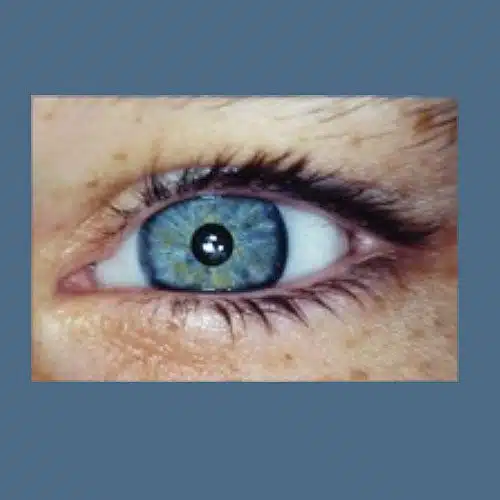Maxillofacial Prosthetics is a subspecialty of Prosthodontics that involves rehabilitation of patients with defects or disabilities that were present at birth, sustained following trauma, or acquired following cancer or other disease treatment. Many patients require replacement of more than just teeth. A Maxillofacial Prosthodontist is trained to replace bone and tissue with many different types of Prostheses.
Training to become a Maxillofacial Prosthodontist involves completion of a one-year fellowship following a traditional three-year Prosthodontic Residency. This additional year is usually in a hospital based environment treating patients undergoing surgical treatment, chemotherapy, and radiation therapy to cure their disease. The program provides experience not only treating the defects caused by cancer or trauma, but also provides the tools to help the Prosthodontist better manage the difficult side effects patients must contend with during radiation and chemotherapy.
A Maxillofacial Prosthdontist can routinely replace an eye, ear, nose, or portion of a face, many times in conjunction with an intra-oral defect. New techniques and prostheses are constantly being devised or improved by Maxillofacial Prosthodontists. A silicone ear that use to be retained by an adhesive is now retained by implants similar to those used to replace teeth. The same security patients have with a dental implant reconstruction is also available to Maxillofacial patients.
View complete article with photographs and descriptions
Warning – Graphic Content
By Stephen G. Alfano, DDS, MS, FACP
Pi Dental Center, Fort Washington, PA

To implant or perfect a perfect smile is remarkable in itself, but to implant or adjust other facial features to compliment that smile is astonishing!
Leave it to the professionals at PI Dental to go one step further in changing lives!
Nice post. Thanks for your share. Dental Implants Buckingham PA